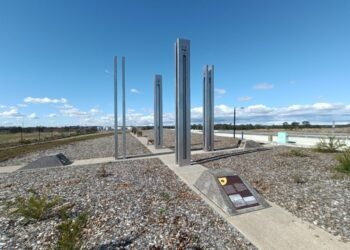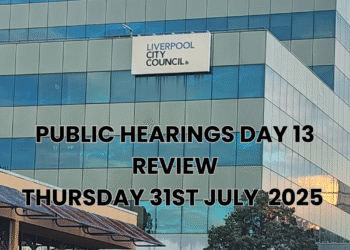Liverpool City Council is facing mounting pressure as an unprecedented surge in complaints against councillors has cost ratepayers over $346,000, raising questions about governance, financial sustainability, and the council’s future.
Since September 2024, 67 complaints have been lodged about councillors’ conduct, a dramatic increase compared to an annual average of four to five complaints in previous years. These complaints, formally referred to as “Code of Conduct complaints,” relate to allegations of misconduct, inappropriate behaviour, or breaches of council regulations by elected councillors. The influx of complaints has placed a significant strain on council operations, with staff resources diverted to handle the growing caseload.
A report presented at the council’s 26 March meeting outlined the breakdown of complaints:
- 14 complaints are currently under investigation.
- 24 complaints have been referred to external reviewers for assessment.
- 23 complaints are being reviewed internally by the council’s Governance Team.
- 4 complaints were dismissed outright.
- 1 pecuniary interest complaint was referred to the NSW Office of Local Government (OLG).
- 1 complaint was resolved through other means.
The handling of these complaints has already cost $67,000 in staff time, with an additional $92,800 projected to bring them to resolution. External conduct reviewers have cost $42,586 so far, with future costs estimated at $144,000, bringing the total projected cost a whopping $346,386.
Governance Under Fire
The surge in complaints comes amid growing scrutiny of Liverpool City Council’s operations. The council’s CEO referred all current complaints to the OLG in February 2025, citing concerns over the financial burden and disruption to council functions. However, the OLG criticised the council’s decision to publish the number of complaints, arguing that doing so “weaponises” the complaints process. Despite this, the council’s actions were confirmed to comply with Chapter 14 of the Local Government Act 1993.
The complaints have also coincided with rising tensions between Mayor Ned Mannoun and Councillor Peter Ristevski, as reported by the Sydney Morning Herald. The pair’s history of animosity has spilled over into council meetings, with disputes over confidential motions and public remarks further fuelling hostilities. Mannoun’s absence from the 26 March meeting prompted Ristevski to remark that the mayor had “basically abandoned” the council, a claim Mannoun denied, citing Ramadan and health reasons for his absence.
Financial and Operational Impact
The council’s Governance Team has struggled to manage the complaints, with resources diverted away from planned work. The report estimated that resolving the complaints would take until 31 July 2025, with further delays expected for matters referred to the OLG or legal proceedings.
The financial implications are significant, with ratepayers footing the bill for a process that has disrupted council operations. The surge in complaints is a stark contrast to previous years, where the council averaged fewer than five complaints annually. In 2023-24, only five complaints were lodged, making the current figures an anomaly described as an “order of magnitude increase.”
A Public Inquiry Looms
The council’s challenges are compounded by public inquiry hearings set to begin in June 2025, led by barrister Ross Glover. The inquiry follows serious allegations of misconduct raised last year, which NSW Local Government Minister Ron Hoenig described as “the worst I’ve seen of any council” during budget estimates.
As reported by the Sydney Morning Herald, the inquiry is expected to delve into governance issues, including the political hostilities between Mannoun and Ristevski. The inquiry’s findings could have significant implications for the council’s future, raising the question: Is this the final straw for Liverpool City Council?
Conclusion
Liverpool City Council’s handling of 67 complaints about councillors’ conduct has exposed deep governance challenges and strained resources, with costs projected to exceed $346,000. As the council prepares for public hearings and faces mounting scrutiny, questions remain about its ability to restore stability and focus on its core responsibilities. With political tensions, financial strain, and operational disruptions, the future of Liverpool City Council hangs in the balance.



























